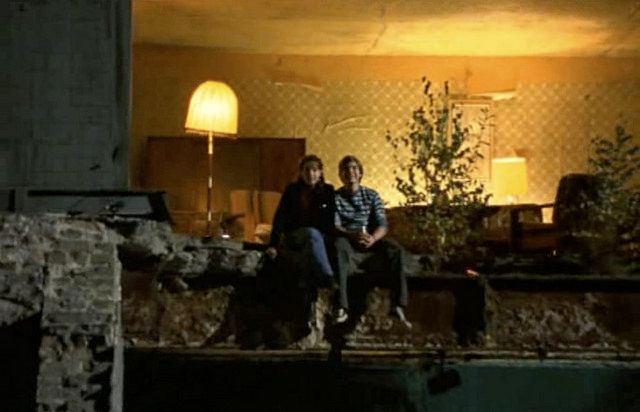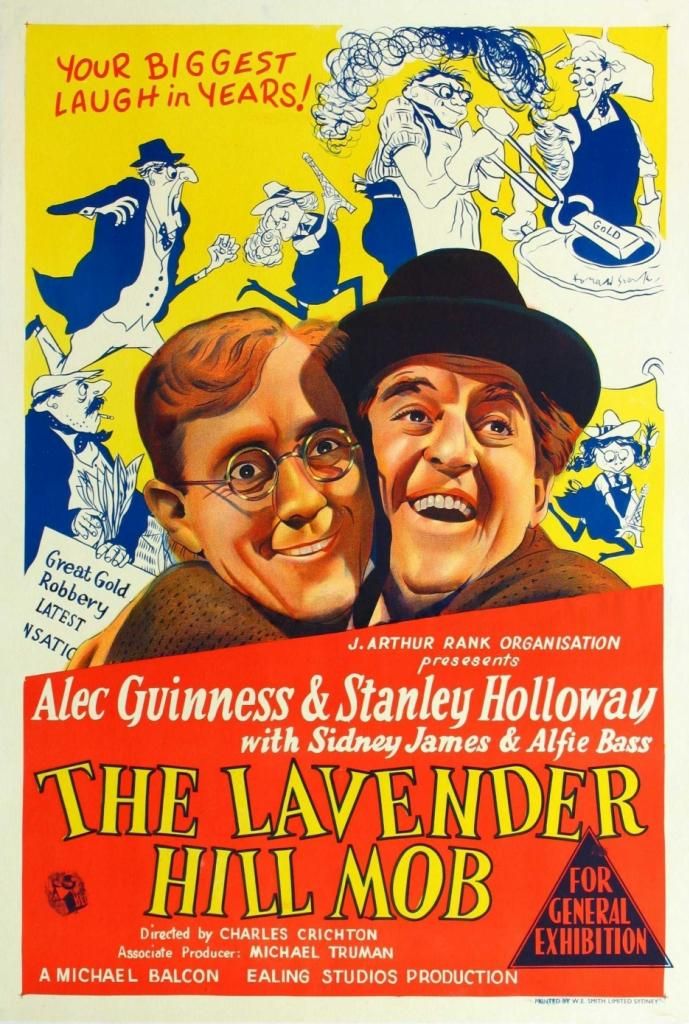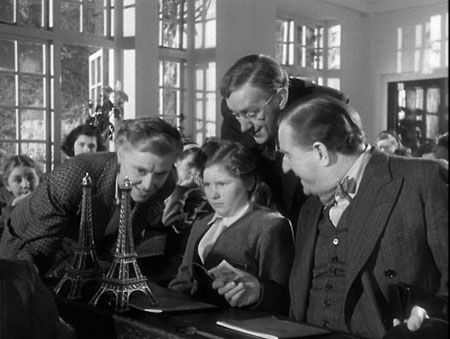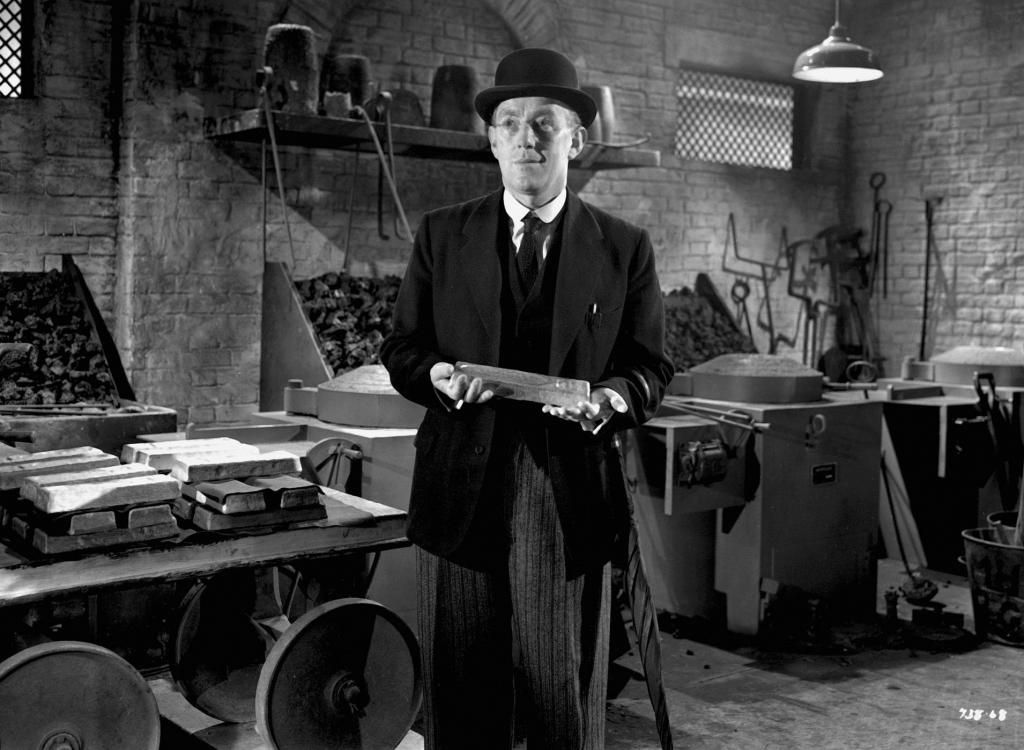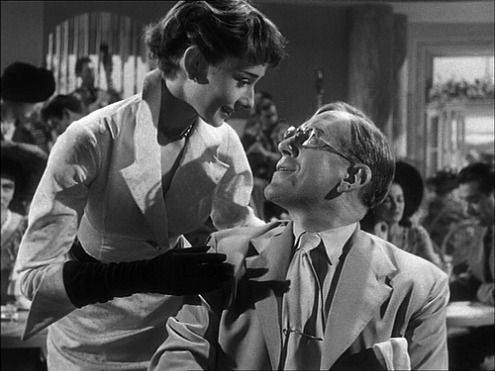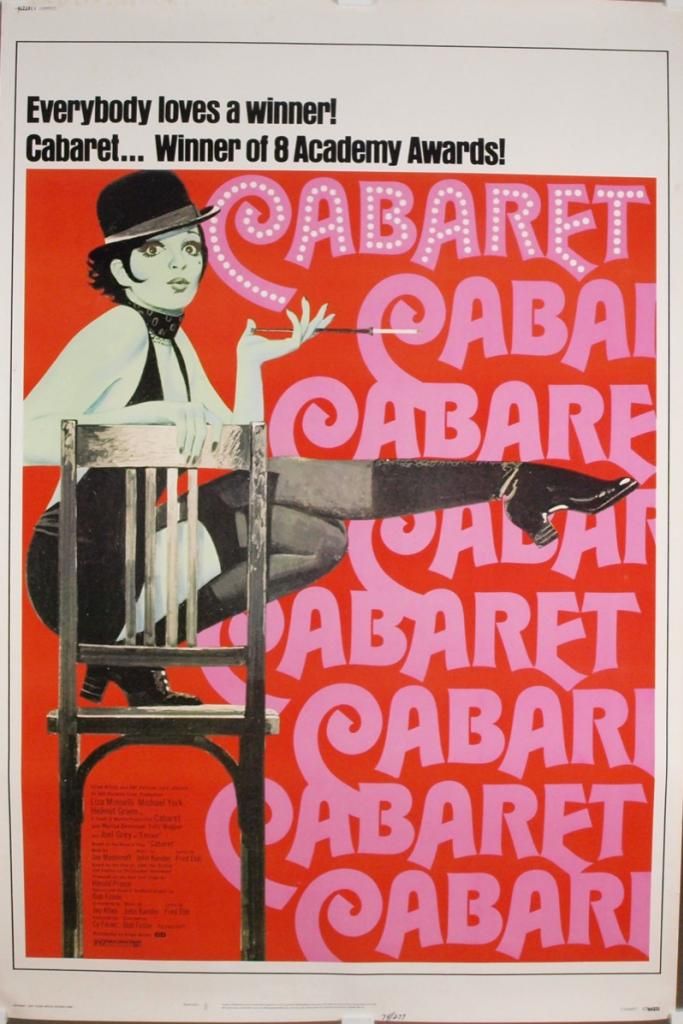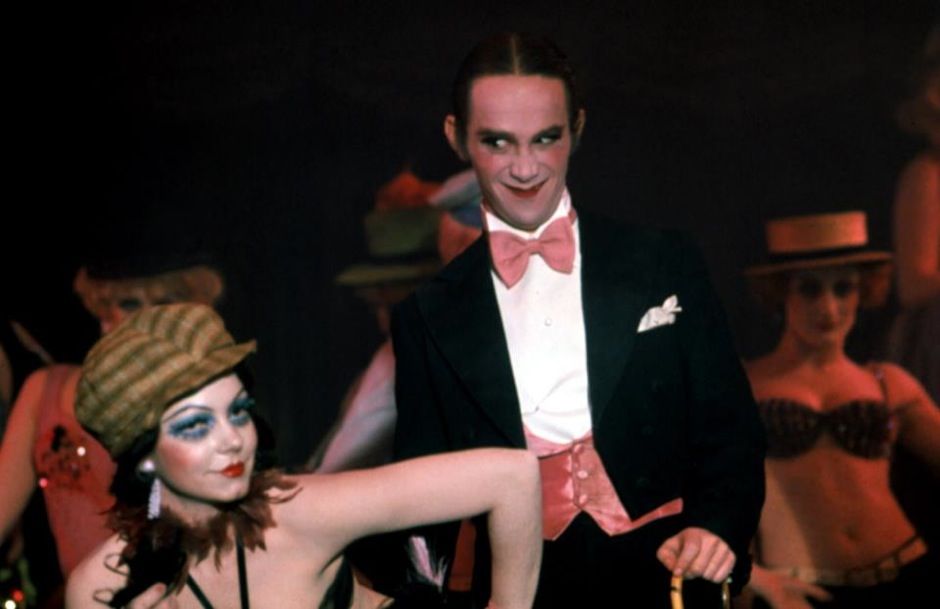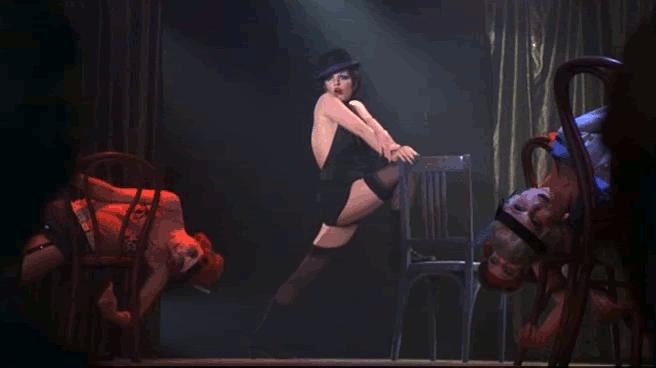Good
Bye Lenin!
2003
Director: Wolfgang Becker
Starring: Daniel Brühl, Katrin Sass
Of
all things, finding a touching, sentimental film about family relationships
using the context of East German fascism to get across the point, I was not
expecting. Good Bye Lenin! is
exactly that. It’s a film that could
only be made in Germany, as no other country could explain with both such
bitterness and such touchingly fond nostalgia what life behind the east side of
the Berlin wall was like, all while presenting one of the best filmic examples
of mother-son relationships I’ve ever seen.
To put it more bluntly, Good Bye Lenin! caught me by
surprise.
Alex
Kerner (Brühl) loves his mother (Sass) very much. Not in a gross, Psycho sort of way, but
in a regular little boy sort of way.
After all, his father abandoned them and his sister. His mother, for her part, takes her husband’s
abandonment as motivation to throw herself fully into East German citizenship,
becoming a community leader. When, years
later, she sees Alex taking part in a protest against the socialist state, she
faints from the shock, has a heart attack, and is plunged into a coma. Alex is guilt-ridden. He loves his mother, but he also believes in
democracy for Germany. While his mother
is in a coma, the Berlin Wall is torn down and their entire world changes;
months later, Mama wakes up, but the doctor warns that the slightest shock
could kill her. Alex decides to recreate
a pre-Berlin Wall East Germany for his mother to keep alive her belief in the government
that she poured her heart and soul into.
All
of this, frankly, makes Alex sound a little crazy. I won’t deny it; he definitely has a bit of
obsession going on. He plunges headlong
into his quest to recreate fascist East Berlin for his mother, rooting around
in dumpsters for old food jars, transferring the new, Holland pickles into the
old state-produced pickle jar. He hires
young boys to come sing nationalist songs to his bedridden mother. When his mother starts to discover the
capitalist world around her, he makes up extravagant stories about Western
refugees, even going so far as to hire his filmmaker friend to stage some news
reports so her mother can “verify” his story while watching TV. Yeah, Alex certainly has a screw loose. At the same time, what is so refreshing about
Alex is that he continues to live his life.
He loves his mother, but he doesn’t tend to her 24-7. He falls in love with a cute Soviet nurse
Lara (Chulpan Khamatova) who is tending to his mother, and, in a rather funny
scene, unplugs his mother’s IV because he is ogling Lara’s legs. He goes to parties and drinks and gets high
with his friends. He gets a job selling
satellite systems. He even went behind
his mother’s back to “march for the right to go for walks without the Berlin
Wall getting in [the] way.” (one of my favorite quotes from the smart
script) Alex is a very normal young man,
with one rather unusual obsession.
I
like that Alex is normal. It makes him
very approachable as a character. He is
a good boy, a mother’s boy, but he wants to live his life. He is tremendously likeable, and that is the
key to so much of Good Bye Lenin!’s success for me. If a doctor told me that one of my parents
would die if they received an extreme shock, I’d probably do what I could to
keep that from happening. In that
manner, I identify with Alex. I’m not
sure if I’d invent an entire world, but that’s what makes Alex quirky, and what
makes the film a gently black comedy. In
essence, it’s very refreshing to see a normal, flawed character have a very
strong, very loving relationship with his mother.
And
yes, let’s talk about his mother. Too
often in films, mothers are idealized to the point of sainthood. My mother is a wonderful woman, yes, but not
a saint. Blessedly, neither is Sass’
portrayal of Christiane Kerner.
Christiane Kerner is a very good woman, but for crying out loud, she
views her life through the lens of East German fascism. She is a good mother, a strong mother, but
one with incredibly narrow vision. Sass turns
in a wonderful performance as a woman who believes in The State, but believes
in her family more, and very much loves her son. What Brühl and Sass turn in is, in my
opinion, one of the best filmic examples of a loving mother-son relationship
I’ve ever seen. It is refreshingly
flawed, but tremendously honest.
The
style of the film feels underdeveloped.
There are some interesting choices made through the film – brief moments
of fast forward or slow motion, several references to Stanley Kubrick, surrealistic
film sets – but there are, oddly enough, too few of them. I’m all for a stylized film; I really enjoy a
surreal film experience, a world that clearly could not exist in real life, but
this film goes halfway there and then gives up.
There’s a lack of commitment with the stylization. I wish the director had either shot the
entire film in a realistic manner or sprinkled a few more strange moments
throughout; as it stands, I find the stylized moments jarring and
unexpected.
Culturally
speaking, Good Bye Lenin! is an interesting look at a moment in German
history that rarely gets covered. When
Hollywood thinks “Germany,” they go to Nazis and pretty much stop there. The fall of the Berlin Wall was also
important, yet it doesn’t make as clean and tidy a moral study as does the rise
and fall of Hitler. Good Bye Lenin! manages
to convey both the enormity of the upheaval of the fall of the Wall, but also
the day-to-day banality of life both before and after the change. Life is still life, regardless of the
presence of the East German state. It’s
fascinating watching the characters change and adapt, and yet stay so very much
the same.
Although
it veers frighteningly close to sappy melodramatics, I enjoyed the sentimental
nature of the mother-son relationship in Good Bye Lenin!. And that’s saying quite a bit, because I
normally despise sentimental melodrama in all its forms. However, there is a sense of realism and an
honesty to the characters in this film that manages to ground the emotional
arc. Plus, there’s a witticism and
subtle comedy to the treatment of the fall of the Berlin Wall that is
unexpected.
Arbitrary
Rating: 8/10



